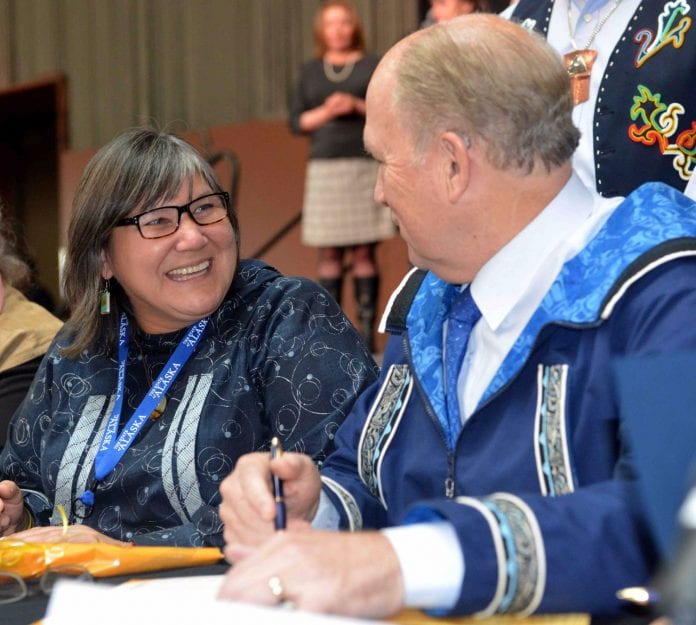
Sen. Lisa Murkowski and Rep. Don Young, both R-Alaska, have joined five congressional colleagues in their amicus curiae brief in an appeal to the Fifth Circuit of Appeals in support of the Indian Child Welfare Act.
The appeal comes in the wake of an Oct. 4 ruling by U.S. District Judge Reed O’Connor of Fort Worth, Texas, that the Indian Child Welfare Act is unconstitutional.
The brief argues that the legislation does not violate the Equal Protection Clause, is consistent with the authority of Congress to legislate, including that Congress may legislate on the basis of tribal affiliation.
The amicus brief said that the district court wrongly held key provisions of ICWA unconstitutional on equal protection grounds, focusing on three aspects of the statute that the court concluded showed racial bias. The amicus brief pointed to the court’s finding that placement preferences are triggered not only by a child’s membership in a tribe but also by the child’s eligibility for tribal membership; that they apply to Indian children and families who do not live on or near an Indian reservation; and that they favor all Indians, regardless of tribal affiliation, in making adoptive placements.”
Murkowski called the Indian Child Welfare Act “among the most significant pieces of Indian legislation Congress has ever enacted, for its purpose in maintaining the integrity of Native culture and family.”
The decision of the Texas court “upends decades of cooperation between the state of Alaska and Alaska tribes to ensure that Native children in need of aid are placed in culturally supportive environments,” she said.
The federal district court’s decision “was based on a flawed assessment of ICWA and a lack of understanding of the federal government’s trust relationship with Alaska Natives and American Indians,” Young said.













